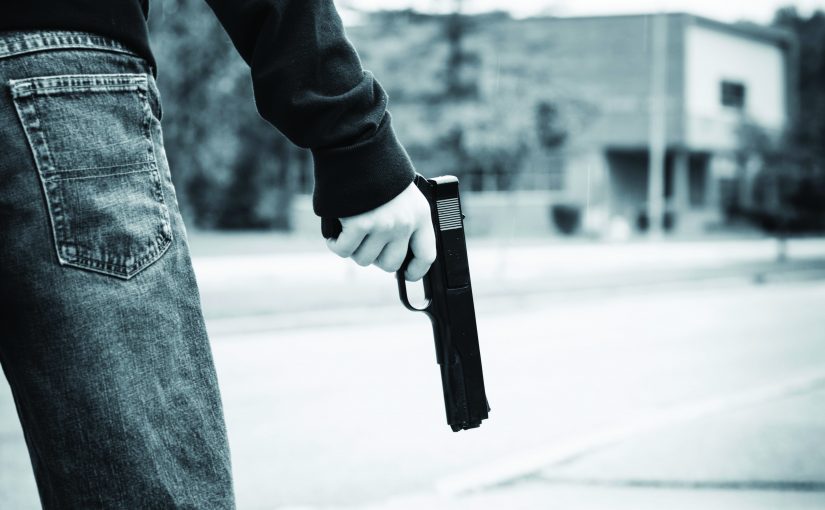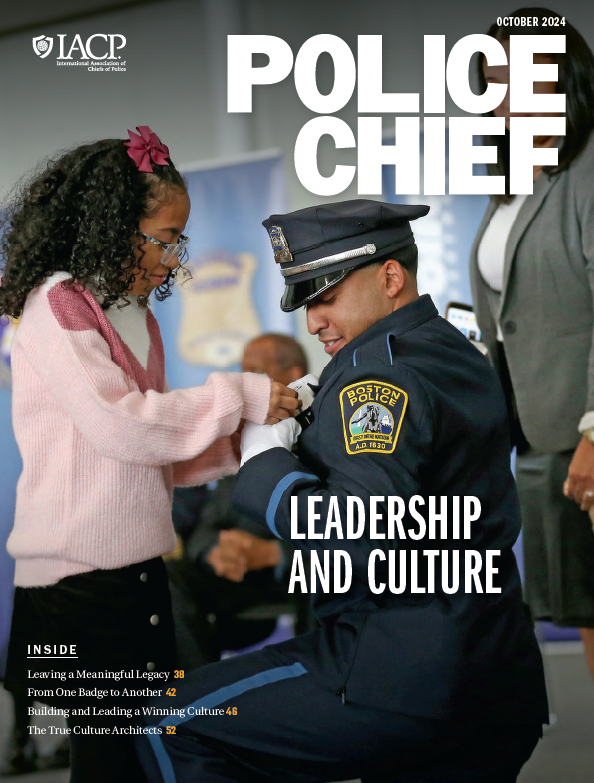Extreme Risk Protection Orders
Improving Implementation and Saving Lives

As of August 2021, Extreme Risk Protection Order (ERPO) laws have been enacted in 19 states and the District of Columbia. Where ERPO laws are in place, specified groups can petition the court to issue a civil ERPO that temporarily prohibits someone who is behaving dangerously and at risk of violence from purchasing and possessing guns. In all jurisdictions with ERPOs, law enforcement is an authorized petitioner. However, it is an underused tool as indicated by the variation among counties within and across states where ERPO is law.
The Santa Barbara and Parkland mass shootings were the impetus for ERPO laws passing in California and Florida, respectively. Early research shows that ERPOs are an effective response to credible mass shooting threats; however, it is not the most common scenario in which ERPOs are used to prevent gun violence. In any given year, approximately two-thirds of gun deaths in the United States are by suicide. Early ERPO studies suggest that suicide threats are often the precipitating event motivating ERPO petitions. One study of ERPOs in King County, Washington, documented that most petitions were either in response to a suicide threat or a combined threat to self and others.3


